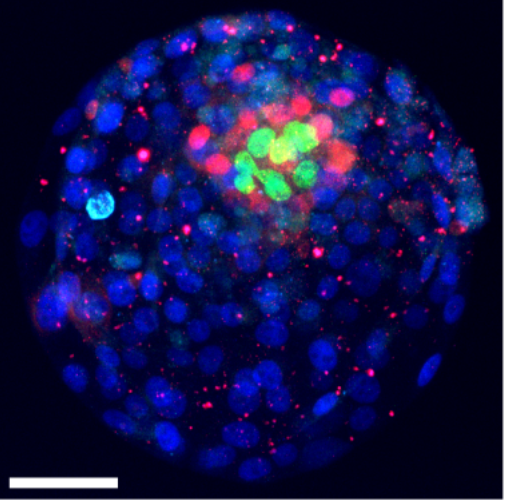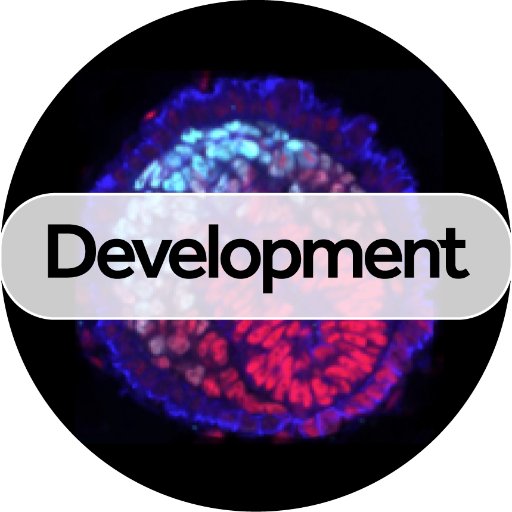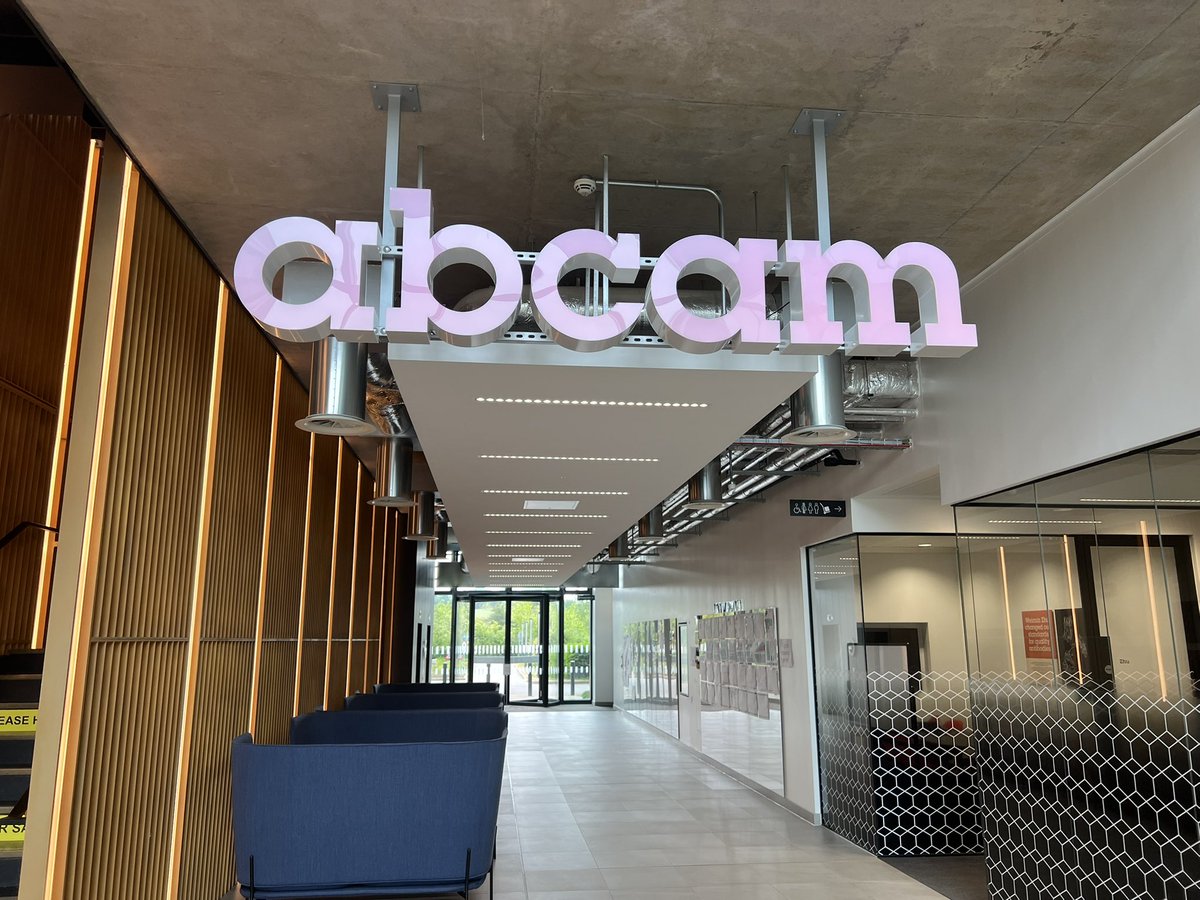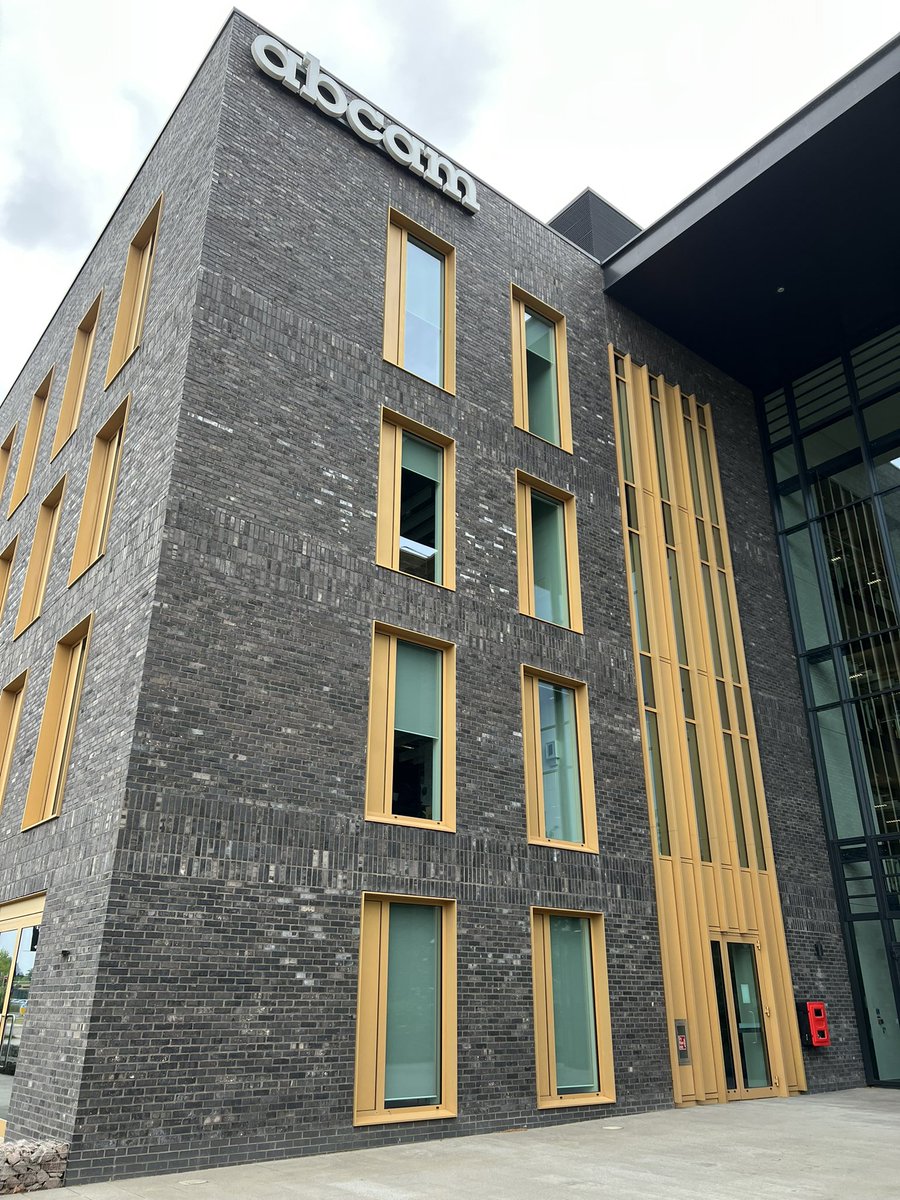
Stanley E. Strawbridge
@StanStrawbridge
Followers
359
Following
773
Media
70
Statuses
489
Group Leader and Fellow in the Physics of Life & Quantitative Biology @sheffielduni. #StemCells #Development #Mathematics #MachineLearning . 🇺🇸🇬🇧
Sheffield, UK
Joined June 2011
1/10🧵New preprint! 🚀 We built a resource of 20 clonal human naïve pluripotent stem cell lines from 10 blastocysts. Explore embryo-to-embryo and clone-to-clone variation in one place. 👉 https://t.co/23sG6oChIW
1
4
11
Embryonic chimeras: donors in, hosts out Read this Research Highlight showcasing work from @StanStrawbridge, @AlexGFletcher, Jennifer Nichols and colleagues (@SCICambridge @PDN_Cambridge @Cambridge_Uni @shefmathbio @sheffielduni @mrc_hgu @EdinburghUni): https://t.co/lddUNPvGAu
2
7
21
Finally, a career highlight, we made it into cellysally's #PaperThemeTune s: https://t.co/OKipLXoooE [8/8]
0
0
1
Also, check out the behind-the-scenes interview on my path in science, a eureka moment, and what I do when I choose to leave the lab: 🎙️ https://t.co/7NehjIXxer [7/8]
1
0
1
1
0
1
Thanks to co-authors: @AlexGFletcher Host institutions: @SCICambridge @PDN_Cambridge @Cambridge_Uni @shefmathbio @sheffielduni @UniHeidelberg @UnivParisSaclay @MSKCancerCenter @mrc_hgu @EdinburghUni [5/8]
1
0
0
To test this, we built a quantitative model of fate specification in the embryo. It predicts a two-step mechanism: 1️⃣ Physical exclusion 2️⃣ FGF4-driven fate bias And it even works at the level of individual embryos! [4/8]
1
0
0
Even ESCs lacking FGF4 can push host cells into the trophectoderm, just by outcompeting them for space. But with FGF4, they also bias host cells away from contributing to the embryo. ➡️ Crowding first, then signalling. [3/8]
1
0
0
When injected into 8-cell embryos, ESCs displace host cells from the future embryo into extra-embryonic tissues. This happens via physical crowding and, if the donor cells produce FGF4, also via molecular signalling. [2/8]
1
0
0
🚨 New paper out in Development! 🚨 We show that donor embryonic stem cells (ESCs) reshape the developing mouse embryo, not just by what they signal, but where they push. 📄 https://t.co/UDW6Vly1M2 [1/8]
1
0
5
10/10 Thanks to: @The_MRC
@wellcometrust
#SãoPauloResearchFoundation @jsps_sns
#UEHARAMemorialFoundation
0
0
1
8/10 Thank you to all the excellent people involved! (That I can find) @LawrenceEBates @tazami458 @Tim_Lohoff @MariaRostovsk
1
0
0
7/10 Somatic versatility Capacitated cultures then generate neuroectoderm, paraxial mesoderm & definitive endoderm with textbook marker profiles—ready for downstream lineage studies.
1
0
0
6/10 Forward Progression 10-day XAV capacitation guides naïve domes → primed flats—an in-vitro window on the pre- to post-implantation transition.
1
0
0
5/10 Extra-embryonic power PD03 + A83 + Y → GATA3⁺ trophoblast cysts. LIF + ACTIVIN + CHIR → hypoblast/ExEn. Use them for blastoids or placenta work.
1
0
0
4/10 Hallmark naïve identity Lines keep the naïve signature, form domes in t2iLGöXYaa, and map to E5/6 epiblast by bulk RNA-seq.
1
0
0
3/10 Mosaicism in a dish Two triplet sets showcase natural variation: • 161.2A/C share a Chr2q deletion, 161.2B does not. • 255.1B/C carry Chr5 trisomy, 255.1A does not. Study how karyotype skews lineage choice—no embryos needed.
1
0
0
2/10 Multiple clones per embryo Instead of one line per blastocyst, we expanded every dome-shaped colony. Result: single embryos now come with paired, triplet or quadruplet lines—perfect for side-by-side comparisons.
1
0
0
Thanks to Anne Wiblin and the team @abcam for the invitation to share and discuss my research today! #stemcells #development
0
0
8















